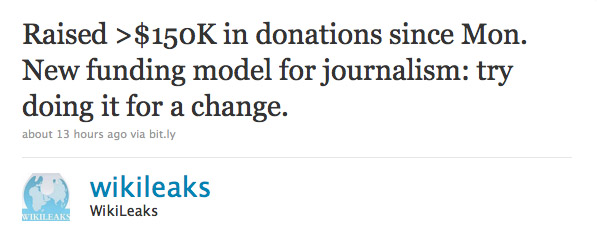Over a year has passed since Ibrahim Jassam, cameraman for global news agency Reuters, was arrested without charge by the US military and still no one, not Jassam, his family nor Reuters knows exactly what he has been imprisoned for.
Jassam, who was cleared for release last November by the Central Criminal Court of Iraq (CCCI), has only been told that the accusations have something to do with ‘activities with insurgents,’ a reference to the Sunni Islamist groups – one of which is Al Qaeda. Reuters states that Jassam is a Shi’ite Muslim.
Although cleared by the CCCI, a year on Jassam is still being detained by the US army, which under a special security agreement claims they are entitled to hold Jassam for as long as they need. The US military also claims that it is ‘not bound’ to provide evidence for Jassam’s detention and that the reason it has kept him so long past his agreed release date is that he represents a ‘threat to Iraq security and stability’.
As also reported by the International Press Institute, David Schlesinger, editor-in-chief of Reuters said the situation was ‘unacceptable’. “In a year of trying to get specifics, we’ve heard only vague and undefined accusations.”
Lt. Col. Pat Johnson, a spokeswoman for the U.S. military in Iraq said: “Though we appreciate the decision of the Central Criminal Court of Iraq in the Ibrahim Jassam case, their decision does not negate the intelligence information that currently lists him as a threat to Iraqi security and stability.”
The US Military claims that all high security threat detainees will go before an Iraqi judge in December 2009, where the evidence against Jassam will finally be aired.
Reuters and others argue that this treatment of a journalist within a war zone is exactly against the US’s advocacy of press freedom around the world, and see Jassam’s continued detention as going against the security pact, known as the Status of Forces Agreement, made between the US and Iraqi forces.
